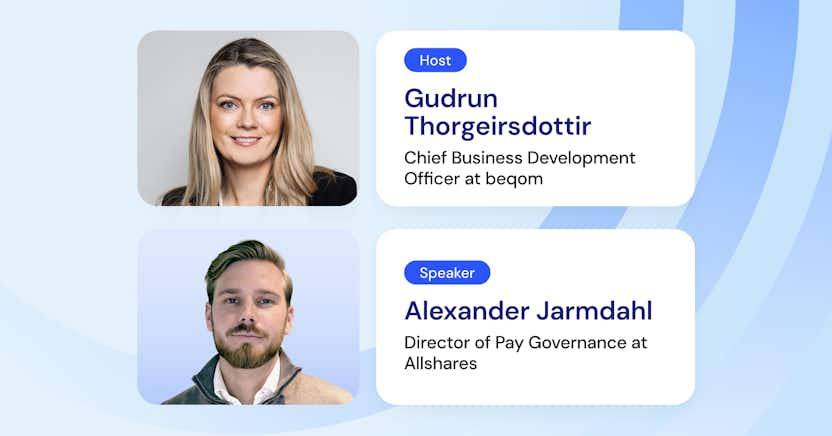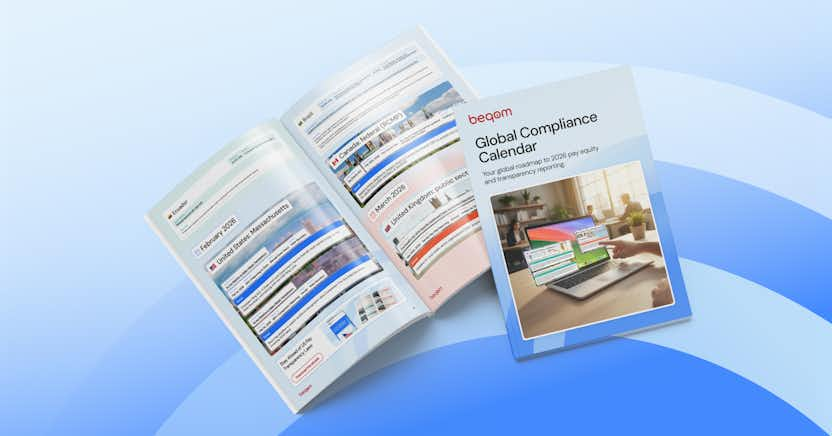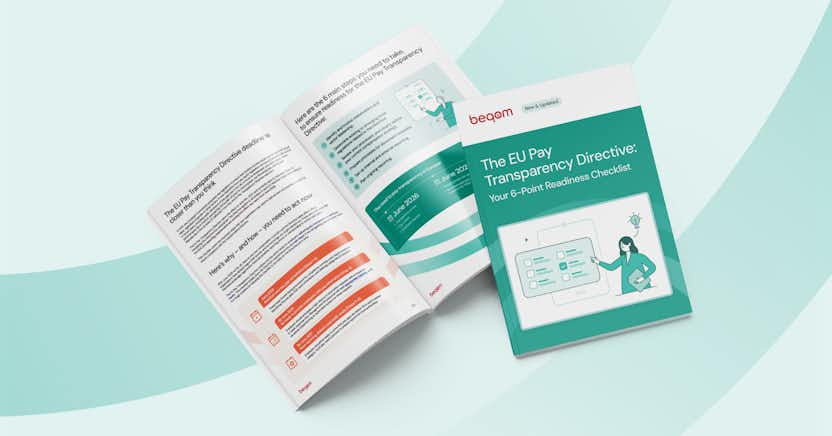Humanizing Compensation: Why Pay Is More Than Just a Paycheck

Learn more about the following beqom products
Let’s be honest. We might love what we do, but that’s not the only reason we're employed. In our society , compensation isn't just about money—it's one of the most important, emotional, and meaningful aspects of life. It’s what pays our rent, funds a child's education, and enables us to celebrate a special occasion.
Compensation is a basic human need
Compensation is a basic human need, yet corporations have managed to strip away that humanity. Remember the excitement of your first job? The role, the possibilities, the paycheck. But for many, that shine fades as compensation becomes a sterile, annual event. The conversations feel vague and impersonal. Pay decisions lack transparency. The connection to performance is murky, and the explanations often sound rehearsed or hollow. We've all been there.
The issue isn’t that companies can't afford to pay fairly. The issue is how they pay and, more importantly, how they choose to communicate and educate employees about why they are compensated the way they are.
This is where compensation and rewards professionals come in. The question is, what is their real purpose? Is it to spend endless hours collating data and building complex models in sprawling spreadsheets? Or is it to partner with business leaders to align compensation with business goals, coach managers on having meaningful conversations, and engage with employees to understand what incentives truly matter to them?
Too often, HR Business Partners are left to manage these conversations without the tools, data or training to do so effectively. The result? A patchwork of facts, disjointed narratives, and eroded trust between employees and managers.
Trust is everything
Employees trust their leaders and organizations to do the right thing, including paying them fairly. But when outdated processes, messy data, and backdated technologies fail to deliver fair pay and negatively affect the compensation experience, trust between employers and employees breaks down. Over time, this leads to disengagement, lower productivity, attrition, and ultimately, poor business performance.
This is why companies around the world are now facing pay equity and transparency regulations. From new state legislation in the United States to the Pay Transparency Directive in the European Union, governments are stepping in to enforce what organizations failed to deliver consistently on their own: fairness, clarity, and accountability in compensation.
The opportunity is clear: We must change the status quo and humanize compensation. That means creating transparency in how pay decisions are made and explained. It means tying compensation directly to performance so employees see how their contributions matter. It means equipping managers with the skills and tools to have open and empathetic conversations, because managers are on the front line of employee experience.
It means moving away from outdated systems and investing in modern technology that brings clarity to the process. It means listening to employees and designing incentives that reflect what they truly value. And it means treating pay equity and transparency not only as compliance, but as the foundation of trust and a better employee experience.
Closing thoughts
Ultimately, compensation isn't just about numbers on a paycheck. It's about dignity, trust, and fairness. While regulations are forcing a necessary conversation, real change will only happen when organizations choose to go beyond compliance—when they stop treating pay as a transaction and start treating it as a conversation.
Speak to beqom today and start making your pay practices fairer and more transparent.







